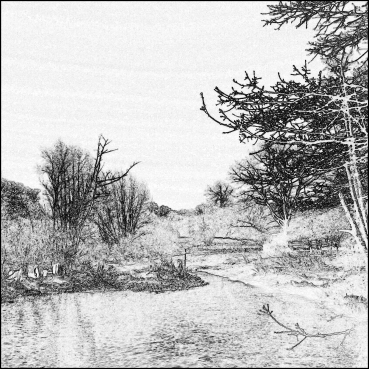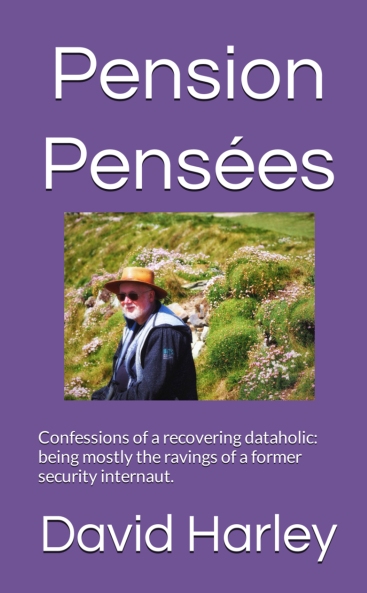[Update: Many thanks to Mike Wistow for his lovely (and exhaustive) review on Folking.com of the So Sound You Sleep album.]
For quite a while I’ve been threatening the world with a book based on my Tears of Morning album, on which nearly all the content has a Shropshire connection, including some settings of verse by Housman. The first version went onto the back-burner when I excised one of the appendices and gave it its own book (The Vanes Of Shrewsbury), which essentially provides historical and personal commentary on Shrewsbury as illustrated by my late uncle, Eddie Parker. I then veered into other projects, including a book on Nashville tuning for guitar and a new edition of my verse collection from the 1980s Suite in Four Flats (and a Maisonette).
Now, however, the Tears of Morning book (now renamed So Sound You Sleep) is available, like the other three, as a paperback and as an eBook for Kindle.
How Sound You Sleep tells the stories behind the songs on the album Tears Of Morning, which comprises songs and settings of poetry with a (sometimes tenuous) connection to Shropshire and the Welsh Marches. Several of the poetry settings are from Housman’s ‘A Shropshire Lad’.
The book contains copious commentary and information on the historical, traditional, musical and/or biographical background to the songs and poems on the original album, especially the settings of verse by Housman. However, it also includes a lot of additional material relating to other songs and settings, in many cases with a Shropshire connection that is even more tenuous. Not all the additional Housman settings, for example, are from A Shropshire Lad.
An updated version of the original album – called So Sound You Sleep – More Tears of Morning – features many more tracks in order to reflect the content of the book. There are links to each of the tracks in the book: while I’d be very happy if you bought the album, you don’t have to buy it to listen to the individual tracks. 🙂
(All of my books – well, those that are still available, including some ancient security books – can be found here, and all my current albums are on Bandcamp.)
Thanks to Kate Morley for the cover art and to Denise Lewis of the Memories of Shropshire Facebook group for permission to use a photograph of her great-grandmother, Ellen Hughes, who told a story to the writer Ida Gandy that was the starting point for one of my songs.
David Harley





